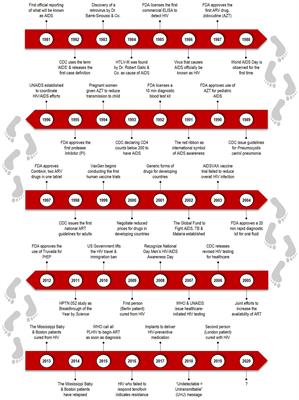
An effective vaccine for acquired immune deficiency syndrome (AIDS) has eluded researchers since the identification of the HIV virus. There are many challenges in developing an effective HIV vaccine, including the lack of knowledge regarding the immune response to the virus and its diverse nature. Ethical concerns further complicate research. A recent phase III trial was performed in Thailand and showed that a significant reduction in HIV infection is possible. Pharmacists need to stay informed of these important breakthroughs in AIDS research in order to provide quality health information to patients in their community. This paper aims to evaluate the past failures and successes as well as explore the recent advancements towards finding a vaccine for HIV. An estimated 33.4 million individuals worldwide are currently living with acquired immune deficiency syndrome (AIDS).1 According to the Centers for Disease Control and Prevention, approximately 56,300 new cases of Human immunodeficiency Virus (HIV) developed during 2006 in the United States alone.2 A cure for this disease has puzzled and eluded researchers since the identification of the HIV virus in 1983. However, hope is on the horizon with the advances in research that could eventually lead to an effective HIV-1 vaccine. As one of the most accessible health care providers, pharmacists need to stay informed on these important breakthroughs in HIV/AIDS research in order to provide quality health information to patients in their community.
